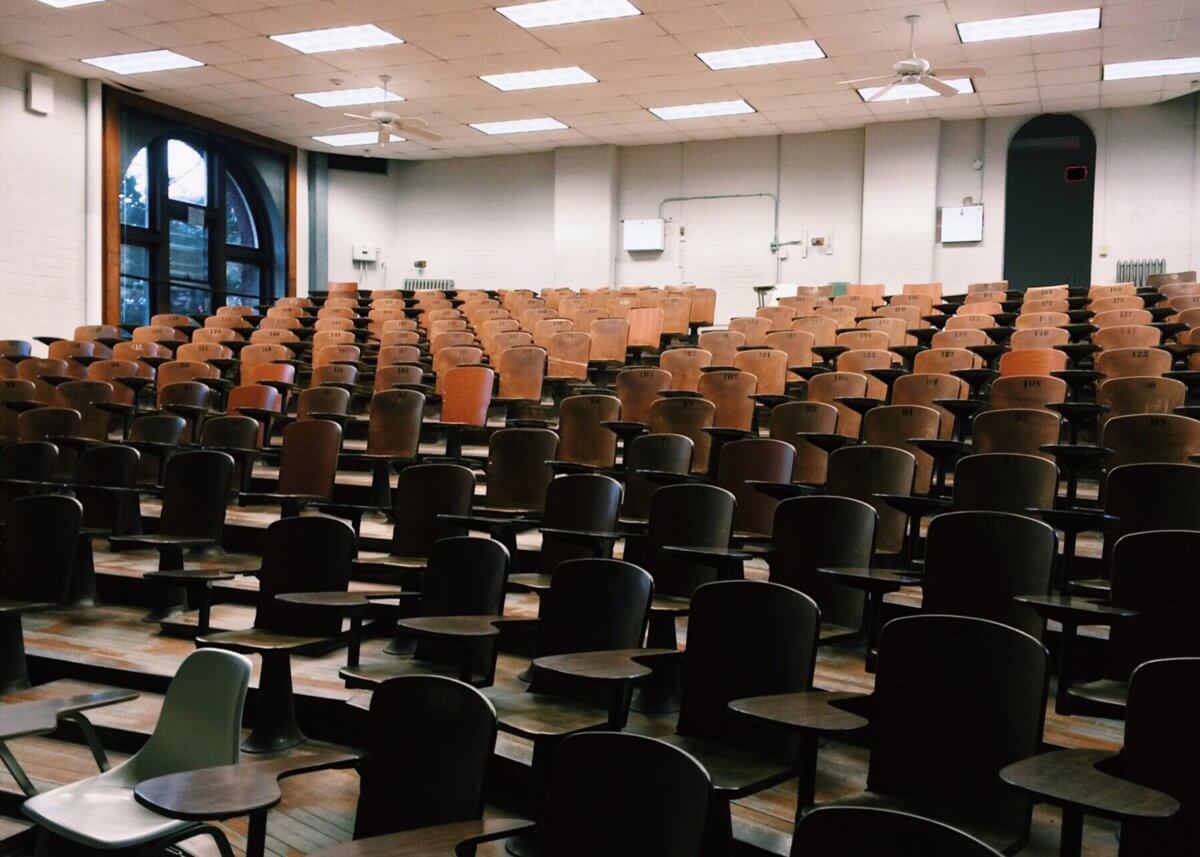Lecturers and other university staff are currently embarked on a series of strikes in the UK aimed at reversing changes to their pensions. Thousands of university students and staff have braved the sub-zero temperatures to rally together outside their respective universities. The overwhelming message of the campaign was: leave our pensions alone! Many universities have been swept by organised protests with crowds numbering well into the hundreds and, with strikes still ongoing, it is likely that there are more to come.
The strike action has been prompted by changes proposed by Universities UK, which would drastically change the way university staff receive pensions. Universities UK, who set the pension scheme for many university staff, claim that a £6 billion deficit exists within the current scheme.o ensure the long-term viability of the program, they argue that changes need to be made. Without these changes, significant cuts would need to be made to other departments, eventually leading to the loss of jobs and a quality of education.
Under the current scheme, university staff who pay into a pension fund are guaranteed a set amount of pension when they retire. The proposed changes would alter this process so that their pension would fluctuate depending on the state of the stock markets, meaning that staff see a much greater level of uncertainty in the level of their pension. University staff who have already witnessed these cuts to their pensions over recent years say that these changes could see them £10,000 a year worse off when they retire, with younger staff being affected the worst.
Thus, members of the University and College Union voted overwhelmingly in early January to proceed with a series of short strikes, with 93 per cent of voters in favour of industrial action. The strikes have affected 64 universities across the United Kingdom, with over a million students finding lectures and seminars cancelled on short notice. In comparison, most of the universities that have been founded since 1992 are covered by the Teachers’ Pension Scheme, which remains unaffected by the potential changes – hence why only 64 out of the UK’s 130 universities have seen strike action take place.
While most students are supportive of the strikes, many feel entitled to compensation for hours of missed lectures. UK students who pay up to £9,250 per year for their higher education should be covered under consumer law for missed contact hours, and indeed Kings College in London has already announced it will be refunding students for hours of lost learning.
There is growing worry amongst many students about the negative effects that the strikes will have on their education. As universities slowly approach exam season, the chance that more industrial action will impact the degree outcome of students becomes increasingly concerning. What will happen in the future is still unclear, but many students will be praying for a swift end to the current disruption. As of yet, there appears to be no solution on the horizon, and with the UK university system still in chaos, neither side appears willing to budge.
We acknowledge the Ngunnawal and Ngambri people, who are the Traditional Custodians of the land on which Woroni, Woroni Radio and Woroni TV are created, edited, published, printed and distributed. We pay our respects to Elders past and present. We acknowledge that the name Woroni was taken from the Wadi Wadi Nation without permission, and we are striving to do better for future reconciliation.
